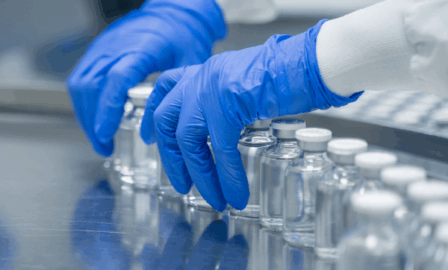GSK Shifts Investment Towards Bioelectronics
Pharmaceutical giant GSK recently announced the formation of a $50 million venture capital fund, Action Potential Venture Capital (APVC) Limited, which will invest in companies pioneering bioelectronic medicines and technologies. The first $5 million of the fund is dedicated to SetPoint Medical, a California company that is developing implantable devices to treat inflammatory diseases such as rheumatoid arthritis and Crohn’s Disease.
The investment by GSK is indicative of the growing field of bioelectronics, and the evolution of medicine from pharmaceuticals to what are being coined as ‘electroceutical’ therapies. Although GSK is the first of the big players to make such a significant investment, many universities have also initiated bioelectronic research and development, including MIT, University of Pennsylvania, Columbia University, and North Carolina State University.
Some bioelectronics, like the pacemaker, already exist today. However, the challenge with the electroceuticals is miniaturizing the systems to the micro- and nano-level, which allows direct interfacing with neural pathways. This miniaturization creates a far greater level of specialization than is presently available, allowing interaction on the neuronal level.
The potential uses for bioelectronic devices and therapies are numerous. Advanced orthotics and prosthetics would be able to interact more efficiently with muscle nerves resulting in more fluid movement. Bioelectrical sensors could be trained to examine blood glucose levels, providing real-time evaluations of diabetes therapies. In the long term, bioelectronics could potentially be used to treat debilitating neurological disorders, such as Parkinson’s Disease, by targeting affected cells with tiny, implantable bioelectronic devices.
While bioelectronics could provide an alternative to traditional pharmaceuticals, the field is still in its infancy. Several questions remain that may influence the field’s ultimate success. Will bioelectronics forego time-intensive and expensive toxicology studies required in pharmaceutical research? Could the prospect of receiving treatment without introducing synthesized molecules to the body be appealing to a more health-conscious populace? Will other major pharmaceutical, medical device or biotech companies invest in similar ventures, or let GSK test the waters first?
Though the future is unclear for now, with an industry titan publicizing their investment in bioelectronics research, other industry players are sure to take notice – or take action.


